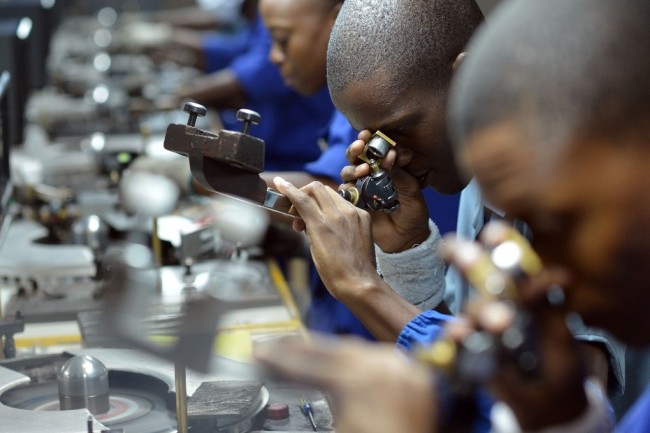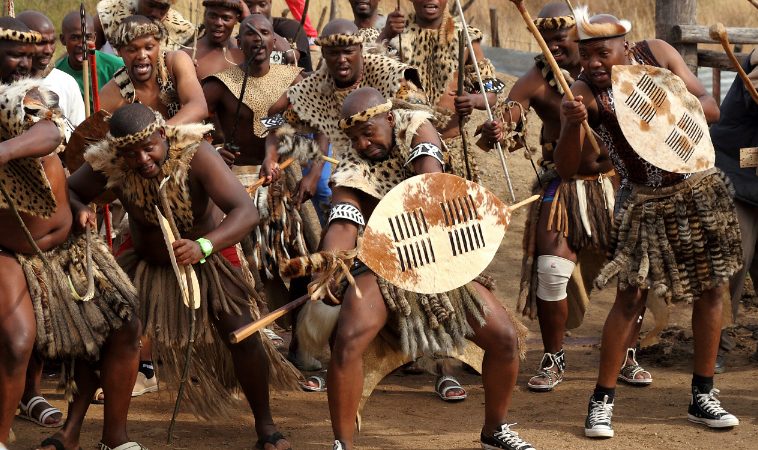Somalia, one of Africa’s most negatively portrayed countries in Western media has recently secured a seat on the United Nations Security Council (UNSC). The international community views Somalia’s conflicts through a humanitarian lens and more often than not, from failed state narratives. There are stereotypes that Somalia is constantly embroiled in civil strife, terrorism, and political instability and that its society is deeply divided along clan lines. These stereotypes, while pervasive, are not representative of the entire Somali population and what they stand for.
The significance of Somalia’s newfound position cannot be overstated. It represents evidence of the progress made by the Somali people in overcoming adversity and rebuilding their nation. It proves Africa’s growing role in global diplomacy and reinforces the continent’s commitment to addressing regional and international security concerns.
The U.N Security Council, often regarded as the world’s top table of diplomacy, holds the responsibility of addressing conflicts and maintaining peace across the globe. Comprised of five permanent members with veto power (China, France, Russia, the United Kingdom, and the United States) and ten non-permanent members elected for two-year terms by the General Assembly, the council wields influence in world affairs, with the power to authorize peacekeeping missions, military action, and impose sanctions.
For a country to be elected to a non-permanent seat on the Security Council, it must receive a two-thirds majority vote of the UN General Assembly. The actual voting takes place in the General Assembly where the non-permanent seats on the Security Council are allocated among regional groups. These groups are the African Group, the Asia-Pacific Group, the Eastern European Group, the Latin American and Caribbean Group, and the Western European and Others Group.
The African Group is composed of African countries within the United Nations, and it typically selects candidates from Africa to serve on the Security Council. Similarly, the rest of the groups consist of countries from their regions, which nominate candidates from their member states for non-permanent seats.
Somalia’s election to the UNSC comes at a crucial juncture in its journey towards stability and reconstruction. Decades of internal conflict, exacerbated by the presence of Islamist militants, have left the country grappling with immense challenges. However, recent strides in governance and security efforts have garnered international recognition, culminating in Somalia’s successful bid for a seat on the council.
For Somalia, membership in the UNSC presents an opportunity to leverage its unique experiences and insights in shaping global policy decisions. Having endured decades of conflict and instability, Somalia is well-positioned to contribute valuable perspectives to the council’s deliberations on peace and security matters.
James Swan, the UN secretary general’s acting special representative for Somalia, aptly summarizes Somalia’s journey. Stating that Somalia has come a long way over the past three decades on its path to peace, prosperity, and security. As Somalia assumes its seat on the UNSC, it carries with it the aspirations of its people for a brighter and more stable future.


